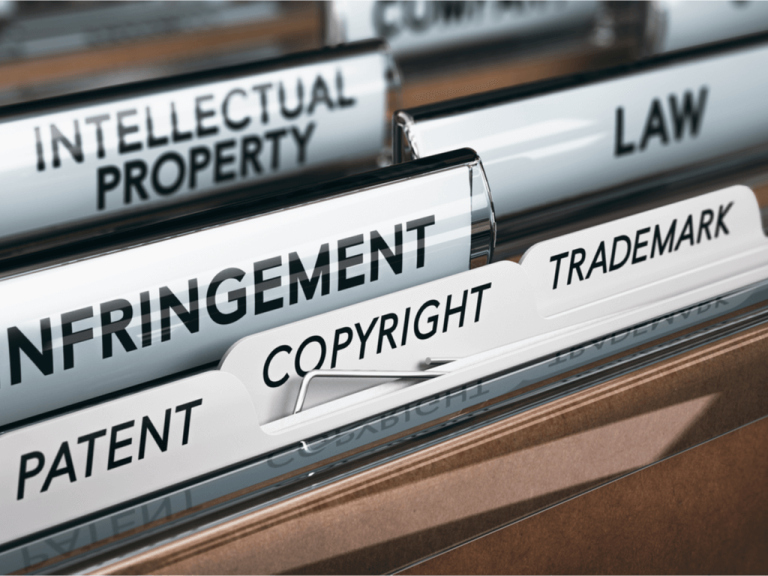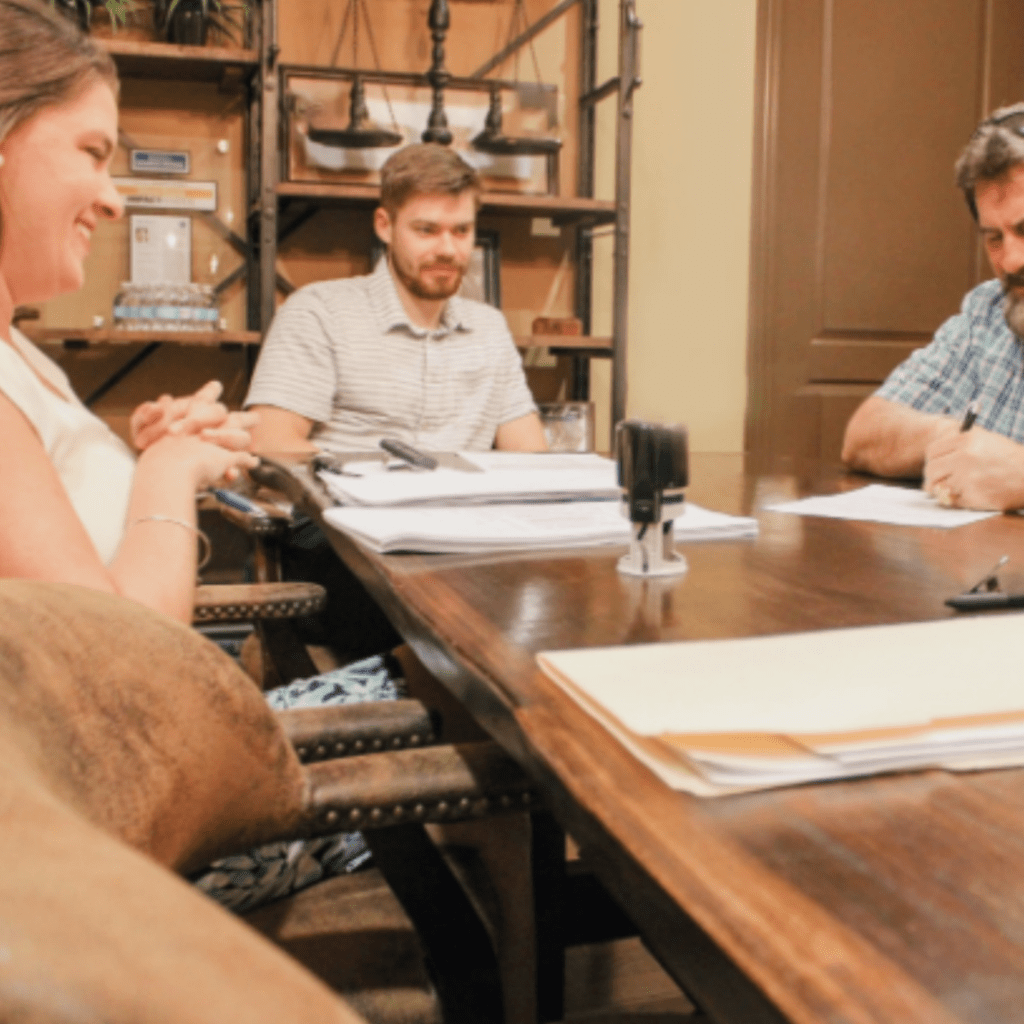You have the right to copyright your work if your business produces content of any kind. That’s not hyperbole, if you’ve created music for your store, videos for your business’s social media, or the art for marketing flyers, you have copyrighted content. This content helps to cultivate an audience and define your brand. Whether it’s just to endear yourself in your local neighborhood or attract thousands of people to your online business, this content will become recognizable with your business. When something is tied so heavily to your business’s success and reputation, you can’t afford to not know the laws that protect it, and that includes copyright law. The intellectual property protection attorneys at Tressler & Associates can help.
What Are Copyrights?
You have to protect your content, and copyright laws do that. Copyrights are proof of ownership, but they come in many different forms. If you don’t maintain them and watch over them, they can come back to hurt you. A thing to remember about copyrighted content is that people can steal and abuse your work if you let them.
The Risks of Ignoring Copyright Law
While the U.S. Department of Justice will enforce copyright infringement when presented to them, they do not track and investigate infringement cases of their own. It is up to you as the copyright holder to identify and report instances of copyright infringement. If you do not, and you let them do so for extended periods of time, you will hurt your ability to enforce them.
You can never lose your copyright before it expires, but the longer you go without enforcing it, especially if you know it was being infringed upon, the lower the punishment. If someone has been using clips of your marketing videos to use for themself, like a competitor comparing your businesses, you will receive less in damages if you fail to file a complaint after discovering this infringement.
This means that even though they have caused you more damage by using your material over a longer period of time, you will likely receive less in damages for waiting so long to file the initial complaint.
How Can You Protect Your Copyrights?
From the second this content is created, you own the copyright, and from the moment you publish it, you have proof that you own it. It’s not definitive proof, but strong proof. That’s the first layer of protection your copyrighted content has.
The best protection you can get is from filing your copyrighted work with the U.S. Copyright Office. This is the strongest proof of ownership you can have. But if you produce a lot of content, it’s not cost or time-efficient to file copyrights for all of them. You want to file copyrights for content you will use repeatedly, such as any non-logo graphics. Logos tend to fall under trademarks, which have similar but different laws.
How Can Copyright Infringement Hurt My Business?
When it comes to marketing content, it can be repurposed by your competitors and those who don’t like your company to damage your brand and reputation. There are limits as to what can be considered copyright infringement, as your competitors and individuals are allowed to criticize you. It’s your assets that they can’t necessarily use.
If competitors and individuals are allowed to do this without restraint, they can slowly degrade your brand and destroy your reputation. Public reviews are incredibly important to a business’s success, so you want to be careful about how others influence them. While this may not make or break bigger businesses, it will significantly damage their profit margins. This can also seriously threaten the survival of a small business on the rise.
What Laws Affect Your Copyright?
There have been many copyright laws in the United States that explain how copyrights work, how long they last, and what is considered infringement.
Copyright Act of 1909
This copyright law set the groundwork for what laws would need to cover, but it wouldn’t last forever, and many of its ideas would change. Federal copyrights have secured the date it was published or once it was registered. This left little protection for works that were in the middle of production.
A copyright would last 28 years, believing that 28 years is enough time for content to either become irrelevant or be replaced. Afterward, it would join the public domain and be free for anyone to use. The copyright could be renewed in the 28th year and be extended.
Copyright Act of 1976
This is the copyright law that we go by today. For copyrights made after the law was enacted, the copyright lasts 70 years after the author’s death. To make the copyright last longer, file your copyright with an author, not as a business. If there’s no author, it will last 95 years after publication, or 120 years from creation, whichever comes first. Forgoing a tragedy, in most cases, copyrights based around an author last longer. You can maintain ownership while having an author. This may seem like more than long enough for you, but successful businesses last longer than their copyrights.
Contact the Intellectual Property Protection Attorneys at Tressler & Associates
Intellectual property (IP) goes beyond only copyrights for your content materials but includes your trade secrets, patents, and trademarks. An infringement on one of these aspects of your business can lead to serious legal action and fees. If the wrong IP is infringed upon, your business could be in serious trouble. Contact our entrepreneurial and corporate law attorneys for help. We’ll make sure your company’s IP assets are yours alone.



